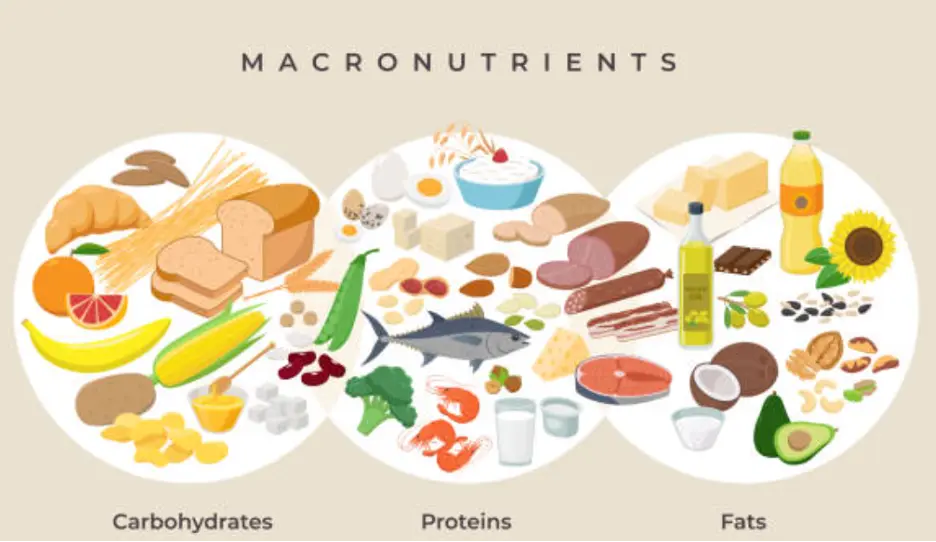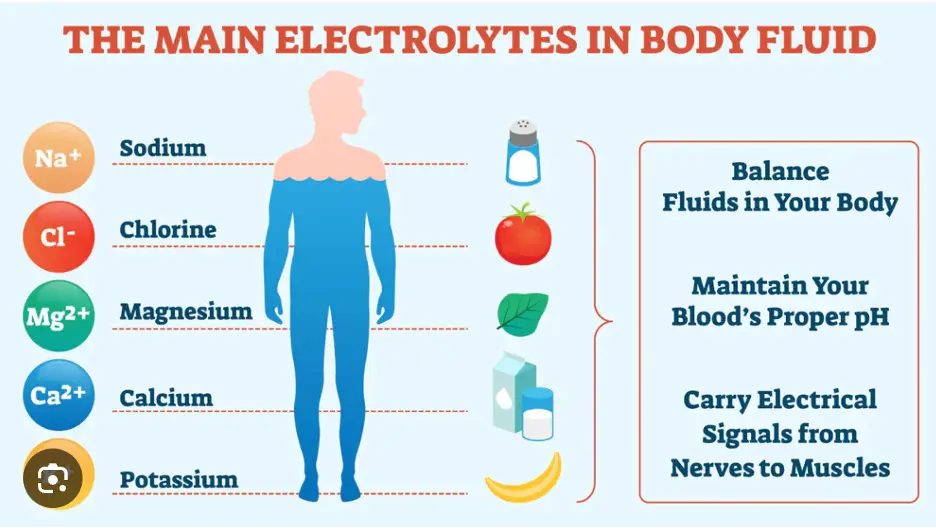
The Crucial Role of Nutrition and Hydration in Endurance Sports
Endurance sports, such as marathon running, cycling, triathlons, and long-distance swimming, place significant physical demands on athletes. Success in these events requires more than just rigorous training and mental determination; it also relies heavily on proper nutrition and hydration. These two pillars are fundamental not only for peak performance, but for maintaining health, preventing injury, and accelerating recovery.
Energy Supply: The Foundation for Performance
Endurance activities can last for hours, pushing the body to its limits. Athletes rely on a steady supply of energy to sustain prolonged physical activity. Carbohydrates serve as the primary fuel source, stored in the muscles and liver as glycogen. During exercise, these stores are gradually depleted. If not replenished, athletes may experience fatigue, diminished performance, and even "hitting the wall." Including adequate carbohydrates in the diet helps ensure that energy levels remain high throughout training and competition.
Protein is also important for endurance athletes, as it supports muscle repair and growth. While fats are a tertiary energy source, they become increasingly significant during longer, lower-intensity efforts. A balanced approach to nutrition, with the right amounts of carbohydrates, proteins, and fats, allows athletes to train harder and recover faster.
Hydration: Preventing Dehydration and Enhancing Performance
Hydration is just as vital as nutrition for endurance athletes. Sweating during prolonged activity leads to the loss of fluids and electrolytes, such as sodium and potassium. Even mild dehydration can negatively impact performance, causing early fatigue, muscle cramps, and impaired cognitive function. Severe dehydration can be dangerous, leading to heat-related illnesses.
Athletes should develop a hydration strategy that includes regular intake of water and, when appropriate, electrolyte-rich drinks. Monitoring fluid loss, such as weighing before and after exercise, can help athletes adjust their intake and maintain optimal hydration status.

Recovery and Injury Prevention
Post-exercise nutrition and hydration are essential for recovery. Consuming carbohydrates and protein within 30 to 60 minutes after activity helps replenish glycogen stores and supports muscle repair. Rehydrating after exercise replaces lost fluids and electrolytes, reducing the risk of muscle soreness and injury. Neglecting recovery nutrition can lead to prolonged fatigue, increased risk of overuse injuries, and slower adaptation to training.
Long-Term Health and Wellbeing
Beyond immediate performance benefits, good nutrition and hydration support long-term health. Endurance athletes have higher energy needs and may be more susceptible to nutrient deficiencies, such as iron, calcium, and vitamin D. A varied diet rich in fruits, vegetables, whole grains, lean proteins, and healthy fats provides essential vitamins and minerals for overall wellbeing.
Final Thoughts
Nutrition and hydration are not just accessories to training; they are central to endurance sports success. By prioritizing proper fueling and fluid intake, athletes can enhance performance, speed up recovery, prevent injuries, and maintain long-term health. Whether you are a seasoned competitor or a recreational participant, investing in your nutrition and hydration strategies will pay dividends on and off the field.